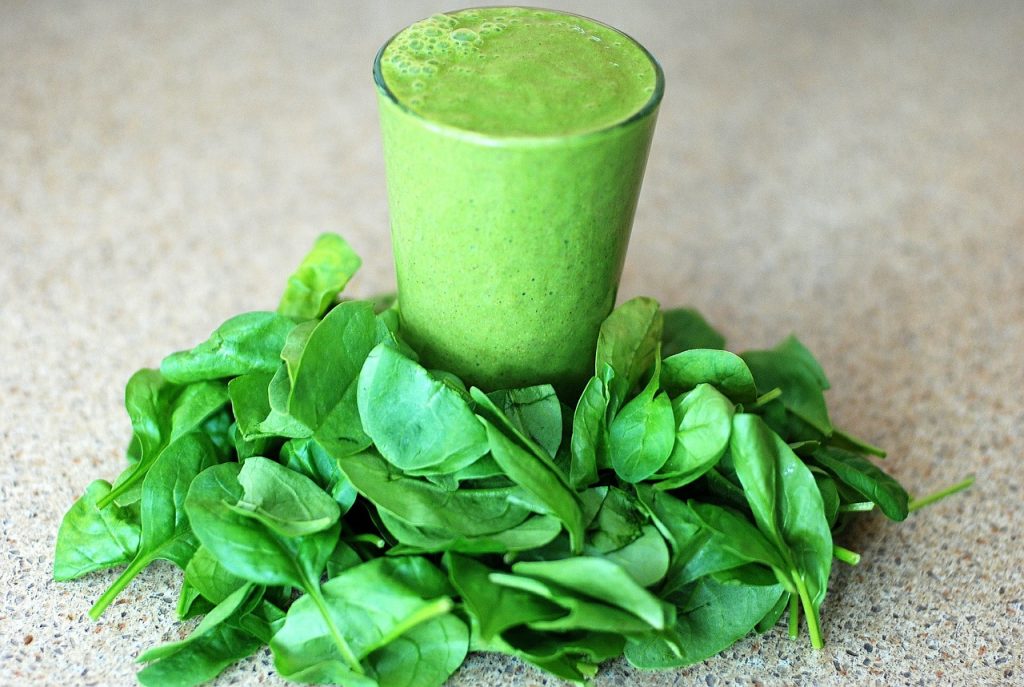 Lutein is a phytochemical belonging to the carotenoid group. In particular, lutein is classified as a xanthophyll, and is closely related to other dietary xanthophylls including cryptoxanthin, zeaxanthin and astaxanthin. Lutein is present in green leafy vegetables and egg yolks and along with β-carotene is one of the most common dietary carotenoids. Research suggests that lutein is protective of eye health, and in this regard may protect the eyes from the development of cataracts and age-related macula degeneration. For example, in one study researchers investigated the effects of lutein of patients with cataracts or age-related macula degeneration. Subjects took capsules containing 12 mg all-trans lutein, 3 mg 13/15-cis-lutein and 3.3 mg of α-tocopherol three times per week for 13 months. The supplements caused the blood levels of lutein to increase significantly suggesting the lutein had been absorbed. In addition, the visual acuity and glare sensitivity of the subjects improved significantly.
Lutein is a phytochemical belonging to the carotenoid group. In particular, lutein is classified as a xanthophyll, and is closely related to other dietary xanthophylls including cryptoxanthin, zeaxanthin and astaxanthin. Lutein is present in green leafy vegetables and egg yolks and along with β-carotene is one of the most common dietary carotenoids. Research suggests that lutein is protective of eye health, and in this regard may protect the eyes from the development of cataracts and age-related macula degeneration. For example, in one study researchers investigated the effects of lutein of patients with cataracts or age-related macula degeneration. Subjects took capsules containing 12 mg all-trans lutein, 3 mg 13/15-cis-lutein and 3.3 mg of α-tocopherol three times per week for 13 months. The supplements caused the blood levels of lutein to increase significantly suggesting the lutein had been absorbed. In addition, the visual acuity and glare sensitivity of the subjects improved significantly.

Lutein and the closely chemically related zeaxanthin are dietary xanthophylls that accumulate in the macula of the eye and protect it from damage from blue light. The macula is actually yellow because of the presence of high amounts of lutein and zeaxanthin, both of which are yellow pigments. By reflecting blue light, the lutein and zeaxanthin protect the delicate photoreceptors under the macula from free radical damage. A diet high in green leafy vegetables and egg yolks is a good way to increase dietary levels of lutein and zeaxanthin.
These results support another study (here) that showed visual improvements in subjects with cataracts when they took 15 mg of lutein 3 times per week. The amount of supplements in these studies is easily achievable through dietary changes. Incorporating green leafy vegetables to the diet and regularly eating egg yolks would certainly provide 45 mg of lutein per week, probably considerably more. The advantage of consuming foods in order to achieve higher intakes of lutein is that other health promoting phytochemicals including other carotenoids along with flavonoids, vitamin C and vitamin E are also ingested. Although evidence does not support a role for these other antioxidants in eye care, they have been shown to provide general health effects. Further, increasing intakes of other antioxidant may increase plasma levels of lutein to a greater extent as they can spare the lutein in the plasma from oxidation. If supplements are considered, a mixed carotenoid supplement to include lutein may be the best option.
Eat Well, Stay Healthy, Protect Yourself
RdB
